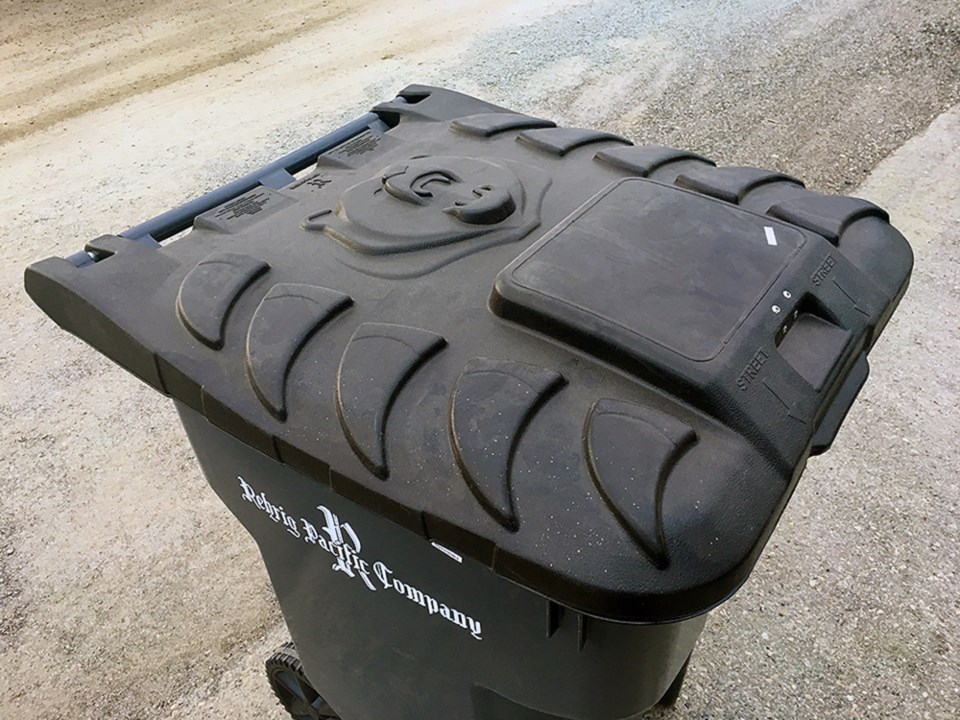City council was encouraged Monday night to take a second look at the outcome of a pilot program to test the viability of bear-resistant garbage cans.
In early 2019, 300 bear-resistant garbage cans were provided to residents in the Hart Highlands, known for a history of bear problems. Three years later, the cans were deemed a failure.
The cans had unreliable latches, particularly in cold weather, which caused problems with the automated arm system on the collection trucks. Drivers had to get out of their vehicles to manually unlatch each malfunctioning cart, slowing down the collection process.
Cost was also cited as a problem. Replacing all 25,000 regular cans with the bear-resistant versions would run up a $7-million tab and represent a 5.8 per cent increase to the property tax levy.
However, during a presentation, representatives of Northern Bear Awareness said better-performing models are now available.
They also contended that not every household in the city needs one. They're needed in key areas where the animals tend to frequent, and the containers could be phased in over a couple of years.
From a bear safety perspective, the program was a success, they argued. Calls to the Conservation Officer Service were reduced in the pilot study area, compared to the control area, despite increased calls city-wide, council was told.
"We have gone as far as we can with public education," council was told. "Bear-resistant bins are the best way to make a difference. They’re easy for people to use. They’re proven to successfully prevent bears from getting garbage."
Northern Bear Awareness will have a further chance to make their case.
A representative will sit on a seven-member advisory committee on bear awareness that will meet for up to four months to research and form recommendations to council regarding opportunities to increase bear-proofing and reduce bear attractants throughout the city, according to terms of reference council approved later in the evening.



